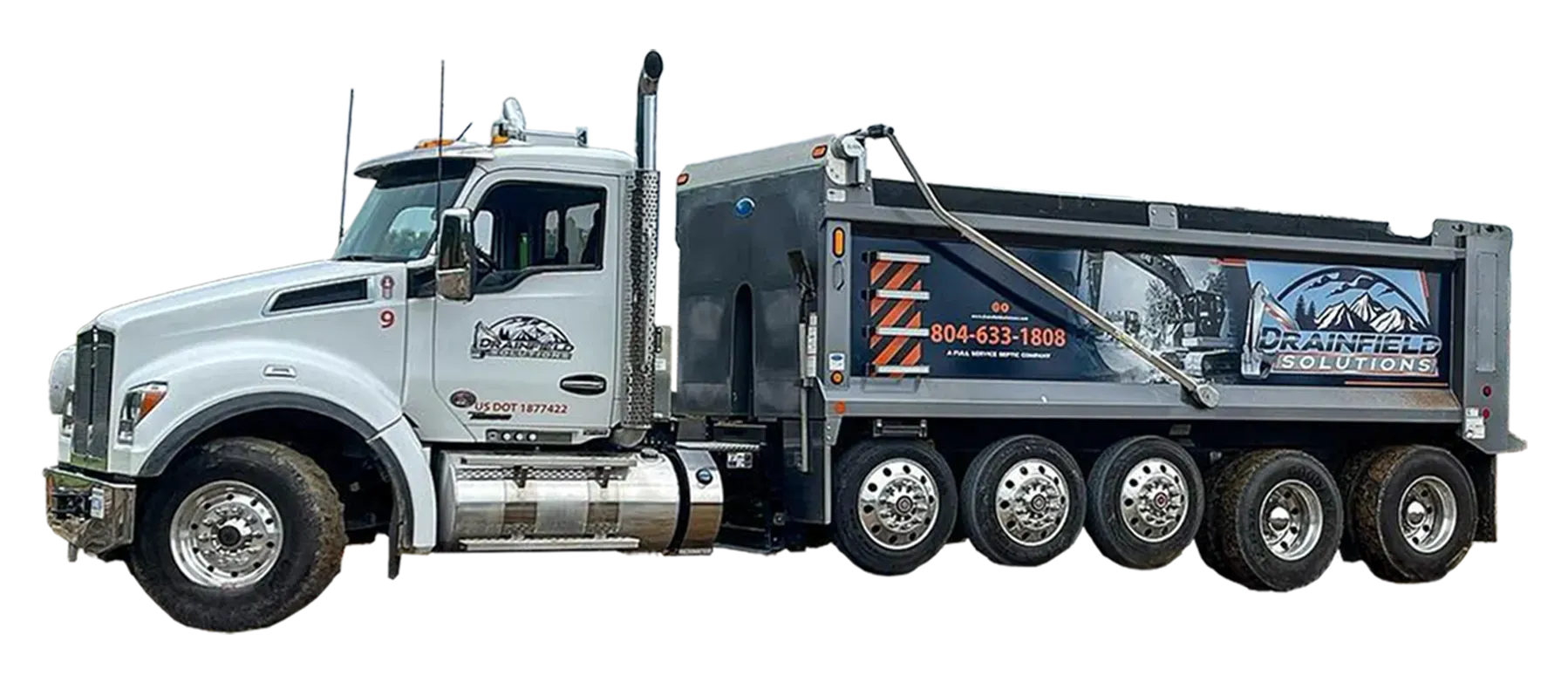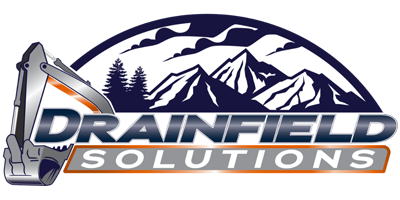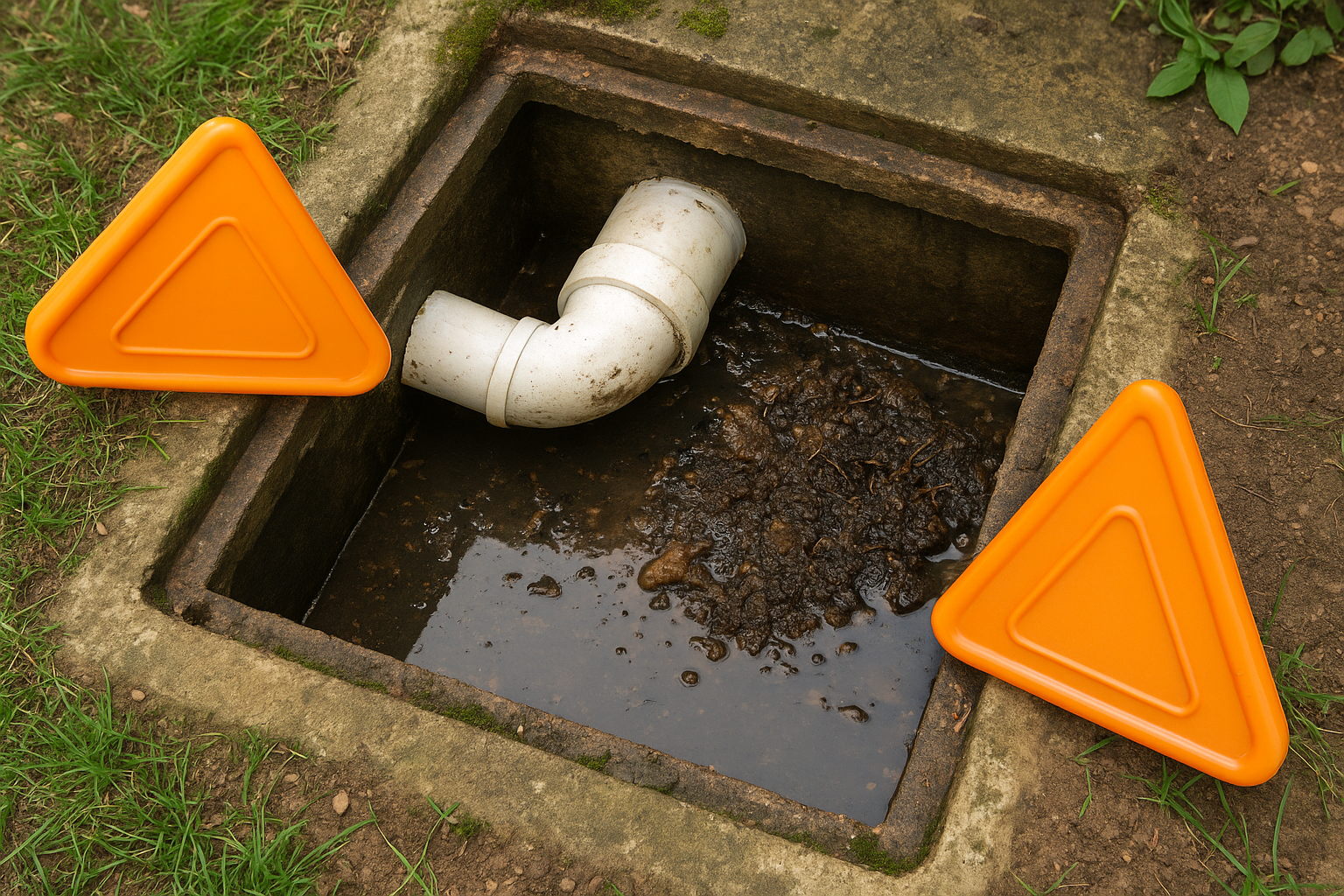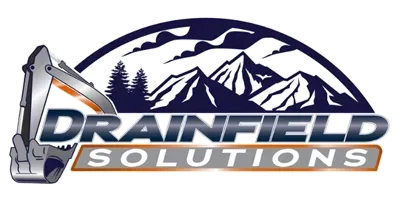
Here's What You Need to Know About Septic Tank Maintenance and Septic Tank Pumping
October 4, 2024
Are you a homeowner with a septic tank in your property? If so, then understanding the importance of proper septic tank maintenance and septic tank pumping is crucial for the longevity and functionality of your system. Neglecting regular maintenance can lead to costly repairs and potential health hazards. In this article, we will explore why septic tank maintenance and septic tank pumping is essential.
Proper septic tank maintenance involves regular septic tank inspections, septic tank pumping, and cleaning to remove accumulated solids and prevent blockages. Regular maintenance ensures that your septic system operates efficiently, reducing the risk of backups, odors, and contamination of groundwater.
By investing in professional septic tank pumping, you can prevent major issues such as clogs and failures. It is recommended to pump your septic tank every 3-5 years, depending on the size of your household and tank capacity.
Understanding the importance of septic tank maintenance and pumping will not only save you money in the long run but also contribute to a healthier environment for you and your community. Don't wait for problems to arise; take proactive steps to ensure your septic system remains in excellent working condition.
The importance of proper septic tank maintenance
Maintaining your septic tank is crucial for the long-term functionality and efficiency of your home's wastewater management system. A properly maintained septic tank can last for decades, whereas a neglected one can lead to costly septic drainfield repairs or even complete septic system failure. Regular septic tank maintenance not only extends the lifespan of your system but also helps prevent environmental issues and potential health hazards.
Septic tanks play a vital role in treating and disposing of household wastewater. They are designed to separate solid waste from liquid waste, allowing the liquid to be gradually released into the surrounding soil while the solids remain in the tank. Over time, these solids can accumulate, leading to blockages and other problems if not addressed. Neglecting septic tank maintenance can result in sewage backups, unpleasant odors, and contamination of groundwater, which can pose a serious threat to public health and the environment.
By prioritizing proper septic tank maintenance, homeowners can ensure their system operates efficiently, reducing the risk of costly repairs and potential health and environmental issues. Regular septic tank inspections, septic tank pumping, and cleaning can help identify and address problems before they escalate, ultimately saving homeowners money and providing peace of mind. Investing in the long-term care of your septic system is an investment in the safety and well-being of your home and community.
Signs that you need to do
septic tank pumping
One of the most important aspects of septic tank maintenance is regular septic tank pumping. Over time, the solid waste in your septic tank will accumulate, and if left unchecked, it can lead to a variety of problems. It's crucial to be aware of the signs that your septic tank needs to be pumped to prevent these issues from occurring.
The most obvious sign that your septic tank needs pumping is if you notice any sewage or wastewater backing up into your home. This can manifest as slow-draining sinks, toilets, or showers, or even standing water around the septic tank or drain field. If you notice any of these issues, it's crucial to address them promptly, as they can indicate a more serious problem with your septic system.
Another sign that its time for septic tank pumping is if you notice an unusually lush or green patch of grass over the drain field. This can be an indication that the system is not properly treating and dispersing the wastewater, leading to excess nutrients being released into the soil. Additionally, if you notice any foul odors coming from the septic system, it's a clear sign that the tank needs to be pumped, and the system needs to be inspected.
Regular septic tank inspections can also help identify when it's time for pumping. During an inspection, a professional can assess the level of sludge and scum in the tank, as well as check for any signs of damage or deterioration. By staying proactive and addressing septic tank maintenance issues early, homeowners can avoid costly repairs and ensure the long-term health of their septic system.
Benefits of regular septic tank pumping
Regular septic tank pumping is a critical component of maintaining the overall health and longevity of your home's wastewater management system. Investing in professional septic tank pumping services can provide a wide range of benefits that can save you money, protect the environment, and ensure the continued functionality of your septic system.
One of the primary benefits of regular septic tank pumping is that it helps prevent costly system failures and repairs. As solid waste accumulates in the tank over time, it can lead to blockages, back-ups, and even complete system failure if left unaddressed. By having your septic tank pumped every 3-5 years, depending on the size of your household and tank capacity, you can remove this buildup and ensure that your system continues to operate efficiently.
Regular septic tank pumping also helps protect the environment by reducing the risk of groundwater contamination. When a septic system fails, untreated wastewater can leak into the surrounding soil and seep into nearby bodies of water, leading to the spread of harmful bacteria, viruses, and other pollutants. By keeping your septic tank well-maintained, you can help prevent these environmental issues and ensure that your wastewater is being properly treated and dispersed.
Additionally, regular septic tank pumping can extend the lifespan of your entire septic system. By removing the accumulated solids and preventing blockages, you can help ensure that your drain field continues to function properly and that your septic tank remains in good condition for years to come. This can ultimately save you money in the long run by avoiding the need for costly septic system replacements or major septic drainfield repairs.
How often should you pump your septic tank?
Determining the appropriate frequency for septic tank pumping is crucial for maintaining the health and longevity of your home's wastewater management system. The recommended pumping schedule can vary depending on several factors, including the size of your septic tank, the number of people in your household, and the amount of wastewater generated.
As a general rule of thumb, it is recommended to have your septic tank pumped every 3 to 5 years. However, this timeline can vary depending on the specific circumstances of your home and septic system. Factors such as the size of your septic tank, the number of people living in your home, and the amount of wastewater generated can all influence how quickly the tank accumulates solid waste and requires pumping.
For example, a household with a larger septic tank and fewer residents may only need to have their tank pumped every 4 or 5 years, while a household with a smaller tank and more residents may require more frequent pumping, perhaps every 2 or 3 years. Additionally, homes with garbage disposals or that generate a higher volume of wastewater may require more frequent pumping to prevent the buildup of solids and the risk of system failure.
It's important to note that regular septic tank inspections can also help determine the appropriate pumping schedule for your specific system. A professional septic tank inspector can assess the level of sludge and scum in your tank and provide recommendations on the optimal pumping frequency. By staying proactive and adhering to a regular pumping schedule, you can help ensure the long-term health and functionality of your septic system.
DIY septic tank maintenance tips
Maintaining a septic system can seem like a daunting task, but there are several simple DIY steps homeowners can take to keep their system running smoothly. By performing regular maintenance and being mindful of what goes down the drain, homeowners can extend the lifespan of their septic system and avoid costly repairs.
One of the most important DIY maintenance tasks is to regularly inspect your septic system. This involves checking for any signs of trouble, such as slow-draining sinks or toilets, standing water around the septic tank or drain field, or unusual odors. Catching problems early can help prevent more serious issues from developing and save you money in the long run.
Another important DIY maintenance task is to be mindful of what you're flushing down your drains. Avoid flushing non-biodegradable items such as paper towels, feminine hygiene products, and cat litter, as these can clog your septic system and lead to backups. Additionally, be cautious of using harsh chemicals or cleaners, as these can disrupt the delicate balance of bacteria in your septic tank and compromise its ability to effectively treat wastewater.
Homeowners can also take steps to protect their septic system's drain field by avoiding heavy foot traffic or vehicle traffic over the area, as this can compact the soil and interfere with the system's ability to properly disperse wastewater. Additionally, it's important to maintain proper landscaping around the drain field, ensuring that any trees or shrubs are not encroaching on the area and that the soil remains well-aerated.
Hiring a professional for septic tank maintenance and pumping
While there are some DIY maintenance tasks that homeowners can perform, it's generally recommended to hire a professional septic tank service provider for more complex maintenance and pumping tasks. Experienced septic tank professionals have the expertise and equipment necessary to ensure your system is properly maintained and functioning at its best.
When it comes to septic tank pumping, hiring a professional is particularly important. Septic tank pumping involves the safe and proper removal of accumulated solid waste from the tank, a task that requires specialized equipment and training. Attempting to pump a septic tank without the proper knowledge and tools can be dangerous and potentially damage the system.
In addition to pumping, professional septic tank service providers can also perform comprehensive system inspections, identify any issues or problems, and provide recommendations for necessary repairs or maintenance. They can also advise homeowners on the appropriate pumping schedule based on the size of their system and the household's usage patterns.
Hiring a professional septic tank service provider can also provide peace of mind, knowing that your system is in the hands of experts who can ensure its long-term functionality and efficiency. These professionals stay up to date on the latest industry standards and regulations, helping homeowners comply with any local or state requirements for septic system maintenance.
Common septic tank problems and how to avoid them
Septic systems are designed to be durable and long-lasting, but they are not immune to problems. Understanding the most common septic tank issues and how to avoid them is crucial for maintaining the health and functionality of your home's wastewater management system.
One of the most common septic tank problems is the buildup of solid waste, known as sludge, within the tank. As this sludge accumulates over time, it can eventually clog the tank's inlet and outlet pipes, leading to backups and overflows. Regular septic tank pumping, as recommended every 3-5 years, is the best way to prevent this issue and ensure the system continues to operate effectively.
Another common problem is the failure of the drain field, which is responsible for dispersing the treated wastewater into the surrounding soil. Drain field failure can occur due to a variety of factors, including soil compaction, tree root intrusion, or even improper system design or installation. Homeowners can help prevent drain field issues by avoiding heavy traffic over the area and maintaining proper landscaping around the system.
Septic system failures can also be caused by the introduction of harmful chemicals or substances into the system. Things like harsh cleaning products, paint thinners, or even excessive amounts of grease and oil can disrupt the delicate balance of bacteria in the septic tank, leading to system malfunctions. Homeowners should be mindful of what they're flushing down their drains and avoid disposing of any hazardous materials in the septic system.
Septic tank pumping cost and considerations
When it comes to maintaining your septic system, one of the most significant expenses homeowners' faces are the cost of septic tank pumping. The actual cost of pumping can vary depending on several factors, including the size of your septic tank, your location, and the specific services provided by the septic tank pumping company.
On average, the cost of septic tank pumping can range from $300 to $500 for a standard residential system. However, this price can be higher for larger tanks or if the pumping company needs to perform additional services, such as inspections or minor repairs. It's important to note that the cost of septic tank pumping is an essential investment in the long-term health and functionality of your home's wastewater management system.
When considering the cost of septic tank pumping, homeowners should also factor in the potential consequences of neglecting this maintenance task. Failing to regularly pump your septic tank can lead to more significant and costly problems down the road, such as system failures, backups, and environmental contamination. These issues can easily cost thousands of dollars to address, making the relatively modest cost of routine pumping a wise investment.
When selecting a septic tank pumping service, it's important to choose a reputable and experienced provider. Look for companies that are licensed, insured, and have a track record of providing quality service. It's also a good idea to get multiple quotes to ensure you're getting a fair price. By taking the time to research and select the right septic tank pumping service, homeowners can ensure their system remains in top condition and avoid the headaches and expenses of major septic system problems.
Conclusion: the importance of proactive septic tank maintenance
Proper septic tank maintenance is a critical aspect of responsible homeownership, as it ensures the long-term functionality and efficiency of your home's wastewater management system. By understanding the importance of regular septic tank pumping, inspections, and other maintenance tasks, homeowners can protect their investment, safeguard the environment, and avoid the costly consequences of system failures.
Regular septic tank pumping is the foundation of proactive maintenance, as it removes the accumulated solid waste that can clog pipes, damage the drain field, and compromise the overall performance of the system. By adhering to the recommended pumping schedule of every 3-5 years, homeowners can prevent major issues and extend the lifespan of their septic system.
In addition to pumping, homeowners should also be mindful of what they're flushing down their drains and avoid introducing harmful chemicals or substances into the system. Regular inspections and minor DIY maintenance tasks can also go a long way in keeping a septic system in top condition.
By taking a proactive approach to septic tank maintenance, homeowners can enjoy peace of mind, protect the environment, and avoid the financial burden of costly repairs or system replacements. Investing in the long-term care of your septic system is an investment in the safety, well-being, and sustainability of your home and community. If you live in Central Virginia in Bowling Green, Ruther Glen, Fredericksburg, Mechanicsville, Stafford, Falmouth, Dahlgren, King George, Mineral or Richmond, contact Drainfield Solutions today to help with all your Septic System Solutions. 804-633-1808 or www.drainfieldsolutions.com For those who reside in Virginia, check out our blog on The Importance of Septic Tank Pumping in Central Virginia.
Share Post
Latest Posts
Ready to Take the Next Step?
Whether you're in need of a system inspection or regular maintenance, Drainfield Solutions is here to help. Get in touch today for reliable service you can trust.






